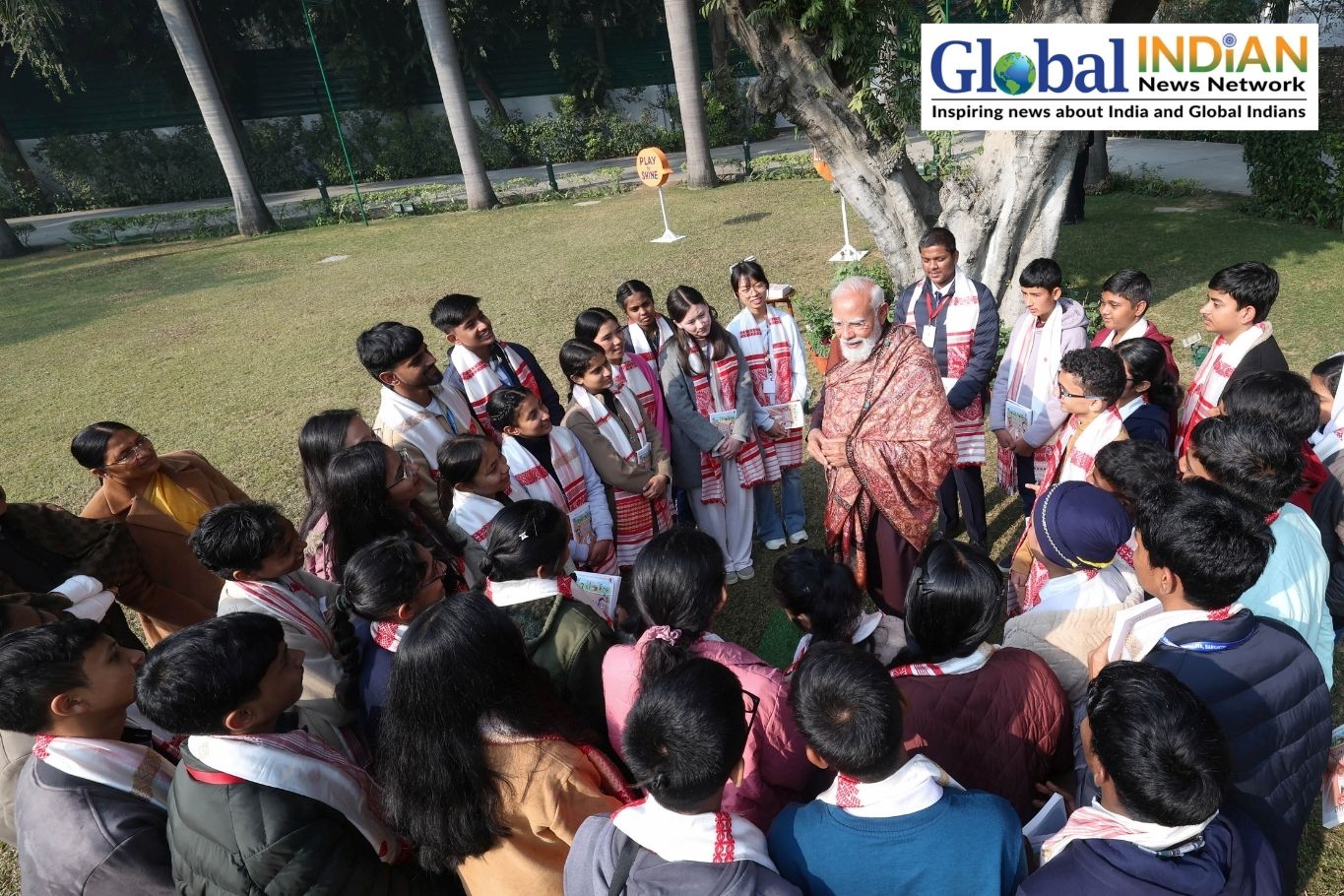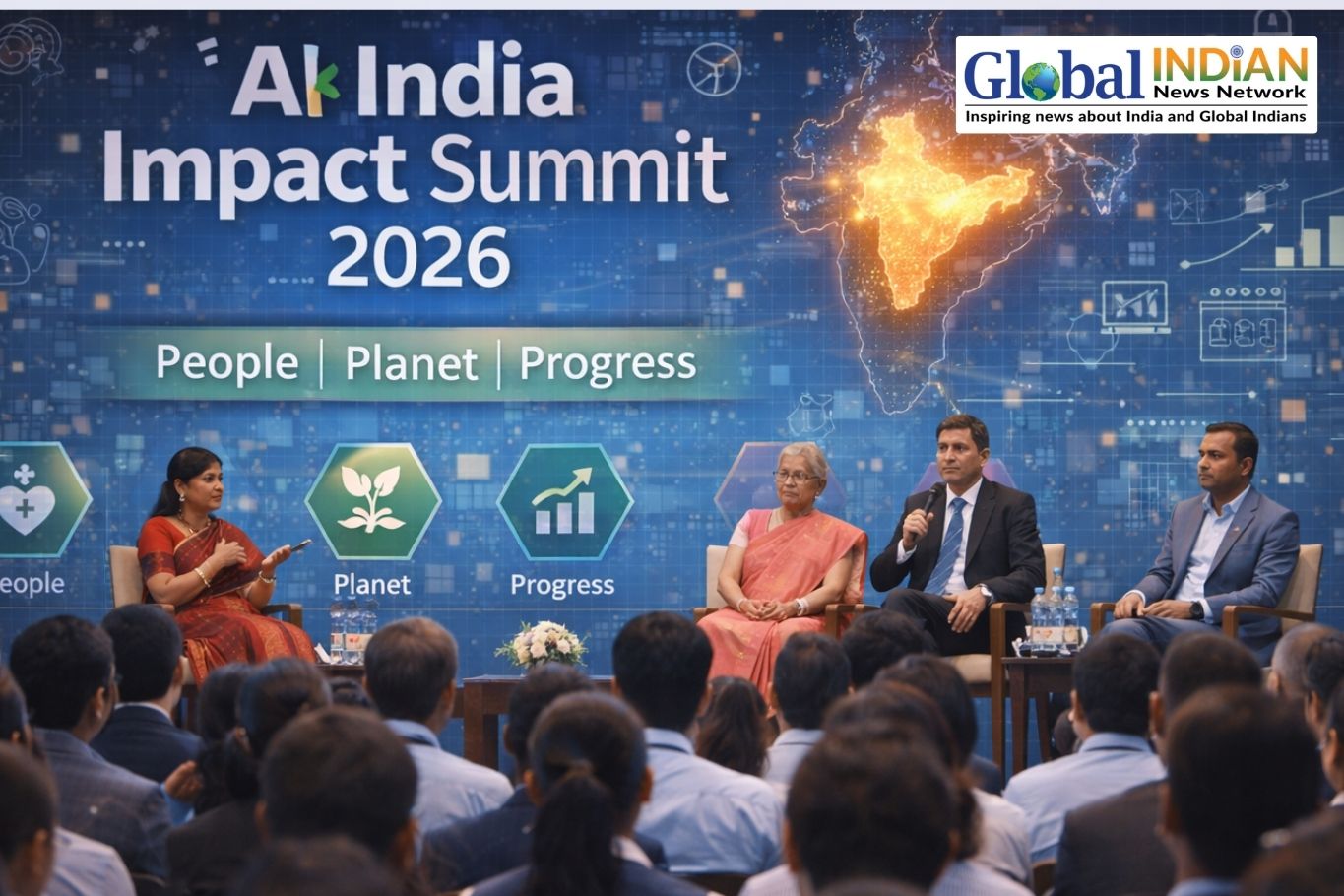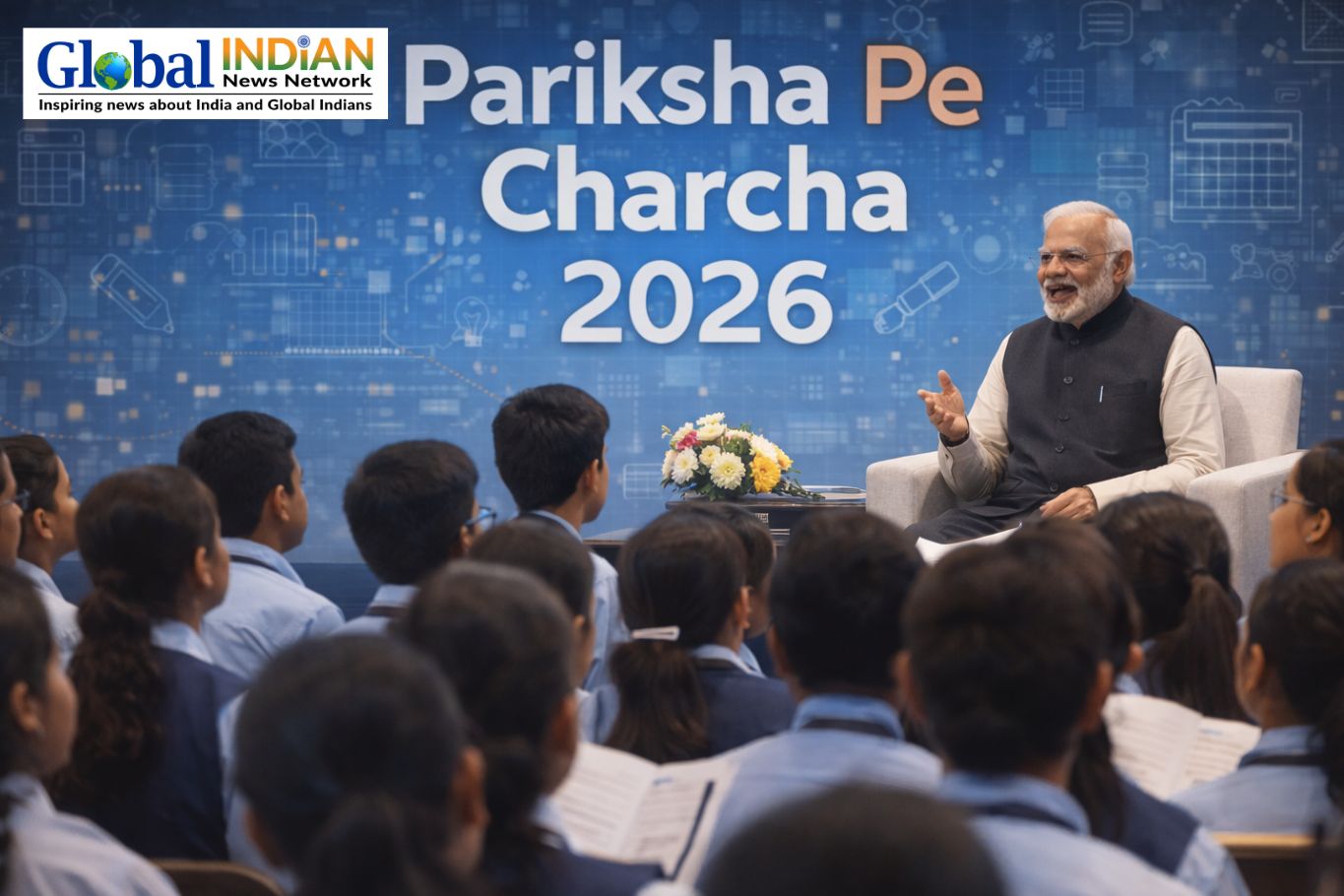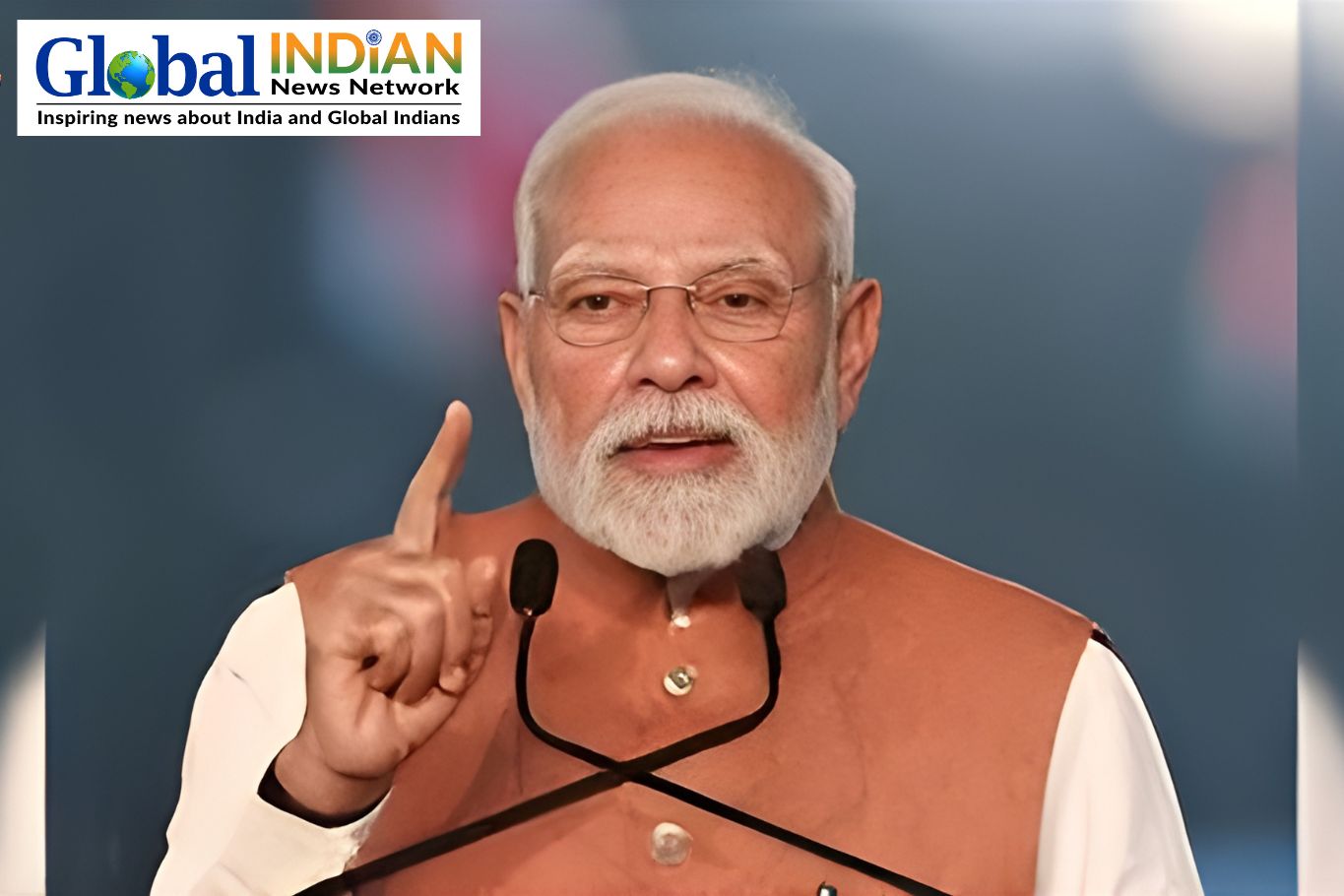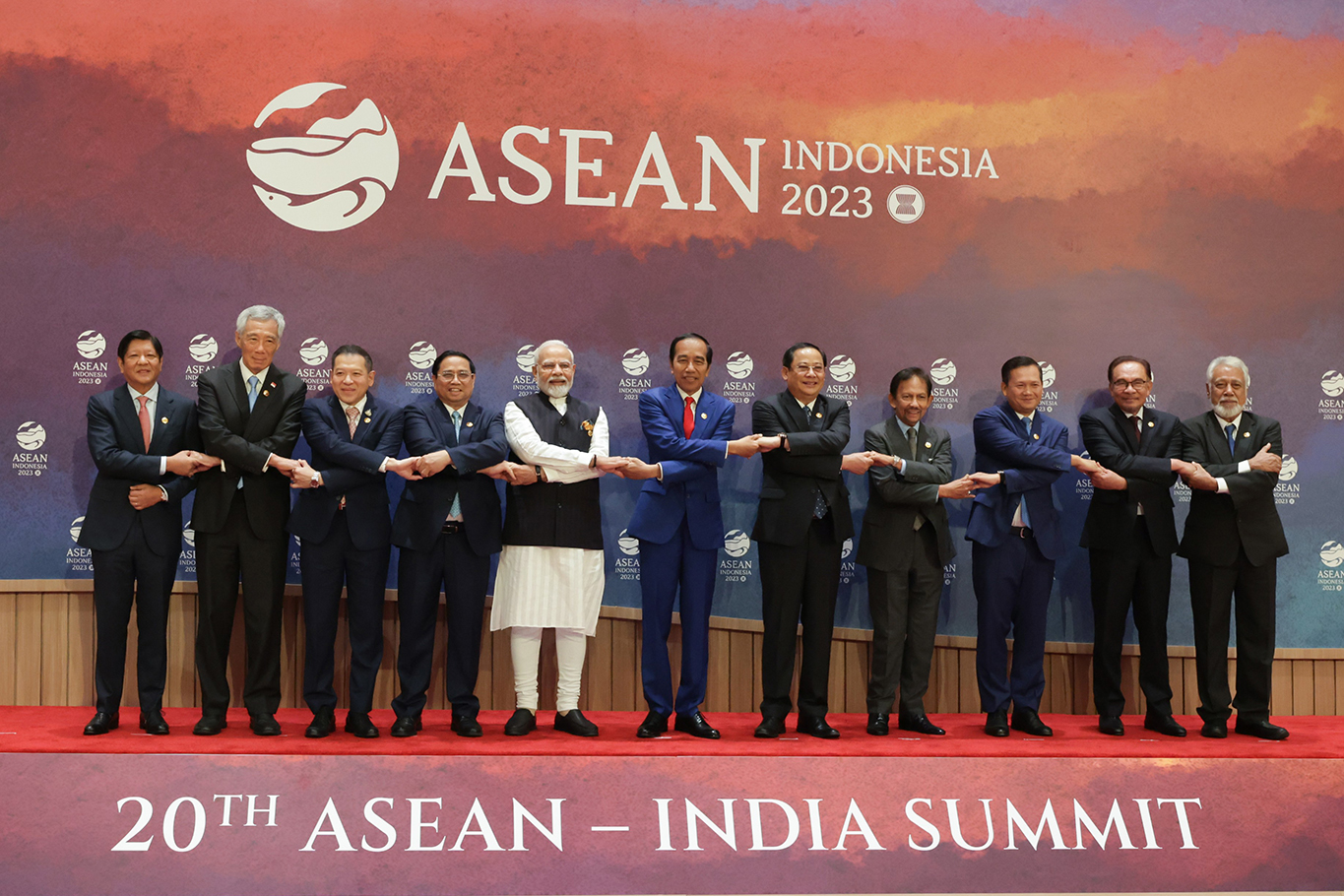
Prime Minister Narendra Modi has outlined a set of ambitious goals for the India-ASEAN partnership, aiming to deepen the alliance’s influence on the global stage. Addressing the India-ASEAN conclave in the Indonesian capital, PM Modi identified five key pillars that would underpin India’s comprehensive strategic partnership with the Southeast Asian group.
Firstly, he emphasized the need for India and ASEAN to collaboratively establish new rules for a post-Covid world order. PM Modi’s proposal highlighted that the end of the pandemic marked the beginning of a new era where the traditional division between the Global North and Global South was becoming less relevant. Therefore, all stakeholders should play a role in shaping the principles of this emerging global order, in contrast to the post-war era when Western powers dominated global governance rules. In the post-Covid era, India and ASEAN should take the lead in defining these principles.
Secondly, PM Modi underscored that the rise of the Asian century in the 21st century hinges on collective action by India and ASEAN in shaping post-Covid rules.
Thirdly, he noted that India and ASEAN should contemplate their future independently as the era of a multipolar world has arrived. This implies that no single geographical region dominates the entire globe, necessitating fresh thinking to ensure that the voices of all stakeholders, particularly those from the Global South, are heard in a democratized world order. PM Modi referred to India’s doctrine of “One earth, One family, and one future,” highlighting the importance of active collaboration rather than operating in North-South divisions.
Fourthly, PM Modi emphasized the importance of common principles, including a consensus-based approach, as the foundation for a sustainable future between India and ASEAN. He highlighted common values, a commitment to regional unity, and shared beliefs in principles of peace and prosperity as guiding templates for the India-ASEAN partnership.
Finally, the Prime Minister urged ASEAN to enhance the “voice of the Global South,” emphasizing that their responsibility extended beyond regional interests. This encouraged the region to play a stronger role in shaping the global agenda and fostering cooperation among Southern nations.

